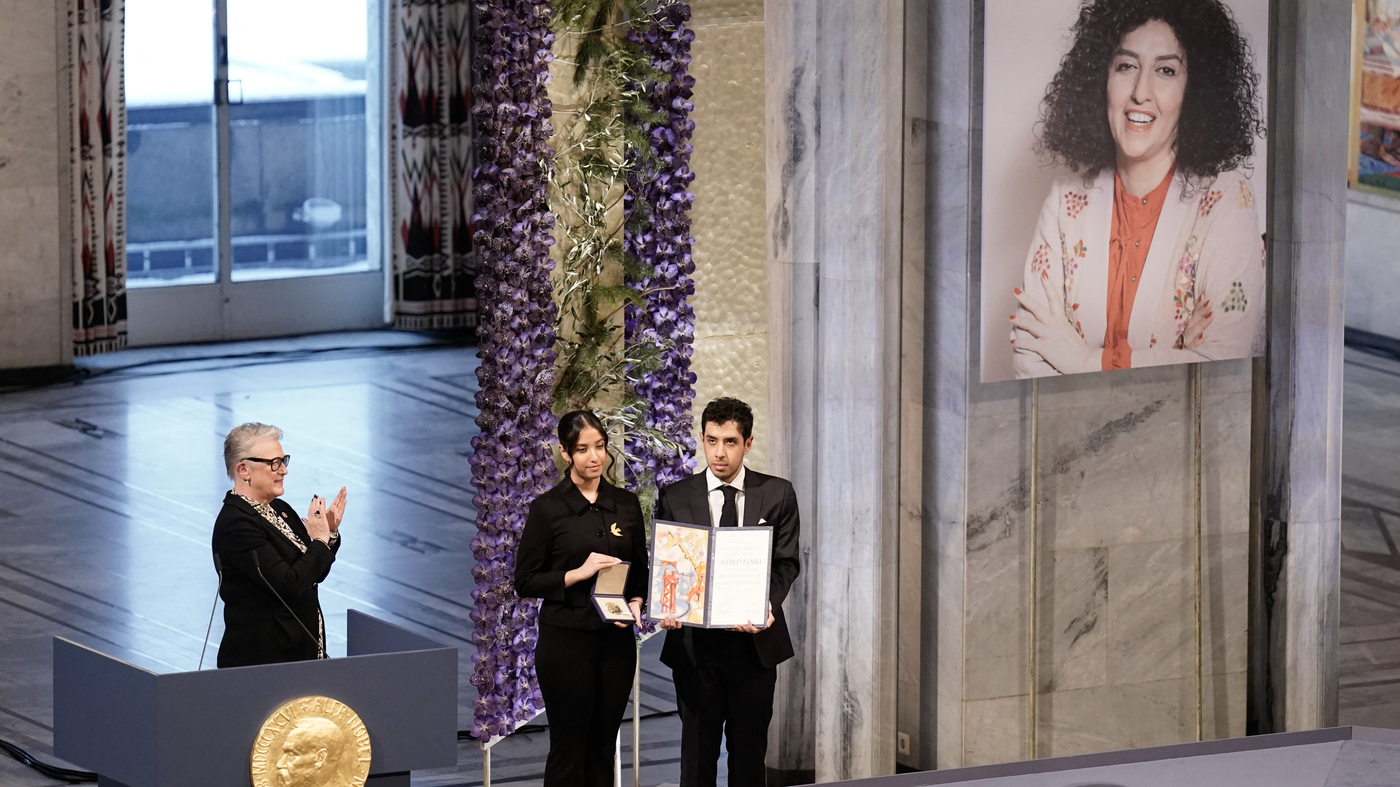Mahsa Amini’s case in Iran: Human Rights Defenders are Against the Cover-Up of the 2022 September Amini Death
The family of Mahsa Amini, the 22-year old woman whose September 2022 killing sparked countrywide protests in Iran, has been prohibited from traveling to France to collect a human rights award in her name.
He added he’d informed the authorities of the family’s plan to travel a month in advance but was not made aware of a travel ban until they were at the airport.
The Kurdish woman, who also went by the name Jina, died while in custody of Iran’s Morality Police. Iran has strict dress code for women and she was accused of violating it. The death of a person sparked riots that swept the country for months, and brought Iranians from different socio- economic and religious groups to the streets.
In Iran the use of travel bans is common, according to an Iranian-American human rights lawyer. It’s often used to prevent activists from going overseas, where they might get more media attention for their cause.
“There’s a high level of sensitivity within the Iranian government towards the family’s presence in public because they want to avoid any talk of the situation in Iran that would negatively affect the reputation of the country,” she said.
“They know what happened with Mahsa Amini is problematic for them, and they really want people to think that it wasn’t reflective of a systemic problem,” Nia said.
The slogan that began the protests after Amini’s death, “women, life, freedom”, was not just a cry against the hijab, but also for women’s rights. It is meant to represent a demand for reforms across Iran, which has been ruled by hardline clerics since 1979.
Free speech, press freedom, and lesbian, gay, and bisexual (LGBT) rights are some of the freedoms that Iranians face constant restrictions on.
Since those protests, according to HRANA, at least 19,000 have been arrested in the country. At least seven people have been executed for their ties to the protests, according to the UN’s Office of the High Commissioner for Human Rights. Several others, including rappers Toomaj Salehi and Saman Yasin, remain imprisoned and face the possibility of execution.
Typically, the winner of the Nobel Peace Prize gives their acceptance lecture at the awards ceremony in Oslo, Norway – but this year’s recipient, Narges Mohammadi, couldn’t. She remains behind bars for her long-time human rights work advocating for women’s rights and democracy in Iran.
Kiana Rahmani started her speech thanking her mother for her work at the ceremony.
“I write this message from behind the high, cold walls of a prison,” they read. “I am an Iranian woman, a proud and honorable contributor to civilization, who is currently under the oppression of a despotic religious government.”
The committee says that Mohammadi has been sentenced to 31 years in prison for “spreading anti-state propaganda” and 154 lashes.
